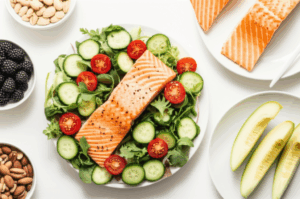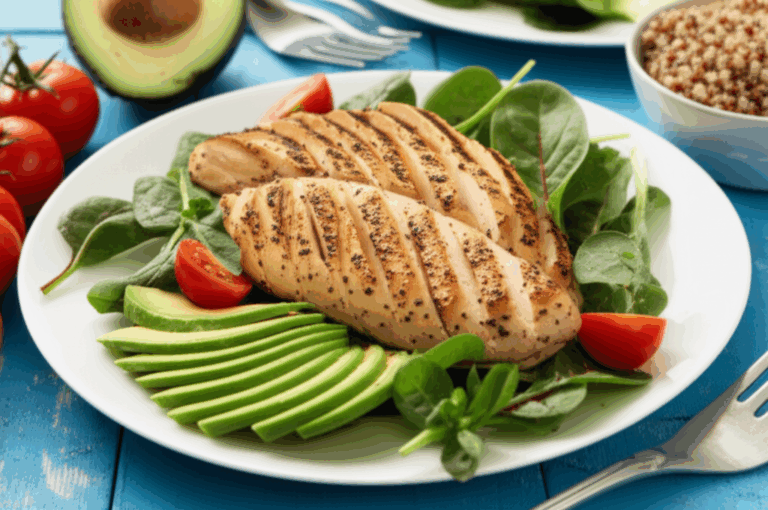For many, the journey to weight loss is often perceived as a cycle of restrictive diets, temporary deprivation, and eventual rebound. However, fitness coaches increasingly emphasize a more sustainable, habit-based approach, focusing on simple nutrition rules that foster long-term health rather than quick fixes. These aren’t about drastic cuts or banning entire food groups, but rather about cultivating smarter eating behaviors that lead to a healthy weight without feeling like a constant battle.
Instead of subscribing to a fleeting diet, consider adopting these foundational nutrition rules, as championed by fitness experts, to achieve lasting weight loss and improved well-being.
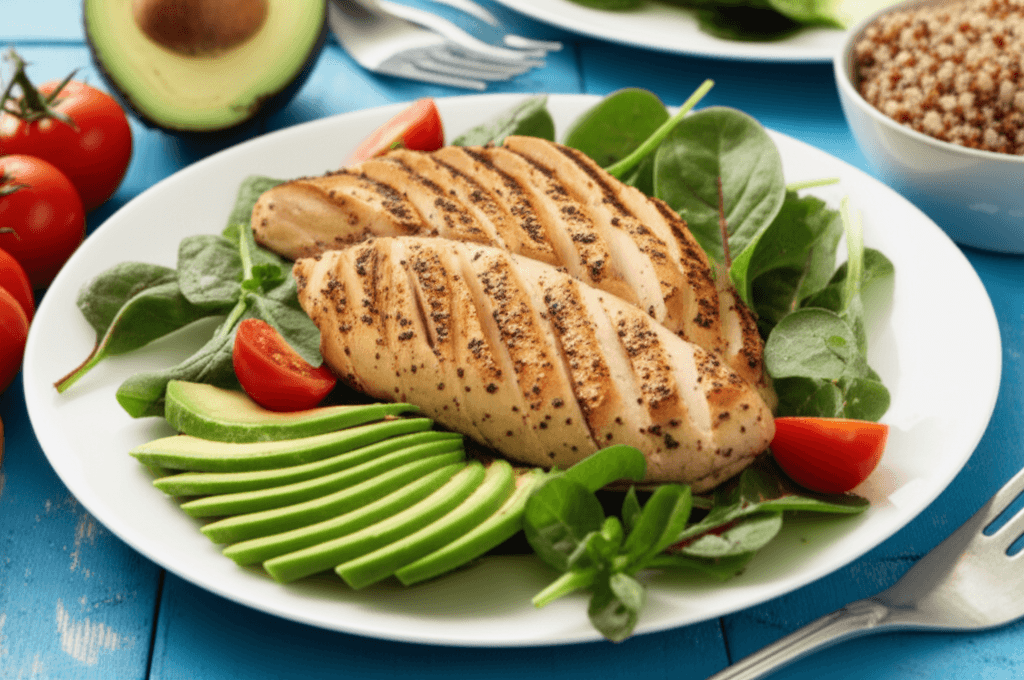
1. Prioritize Protein at Every Meal
Protein is often hailed as the “queen” of macronutrients for weight loss, and for good reason. It is the most satiating nutrient, meaning it helps you feel fuller for longer, which can naturally reduce overall calorie intake and curb snacking. Fitness coaches recommend including lean protein sources in every meal to support muscle building and preservation, especially when incorporating strength training into your routine.
Consuming adequate protein, often suggested to be around 1.2–2 grams per kilogram of body weight, can boost metabolism and support muscle mass, which is crucial for fat burning. Examples of lean protein include chicken breast, fish, egg whites, lean beef, tofu, tempeh, and Greek yogurt. Eating protein first in a meal can also help blunt blood sugar responses, further aiding satiety.
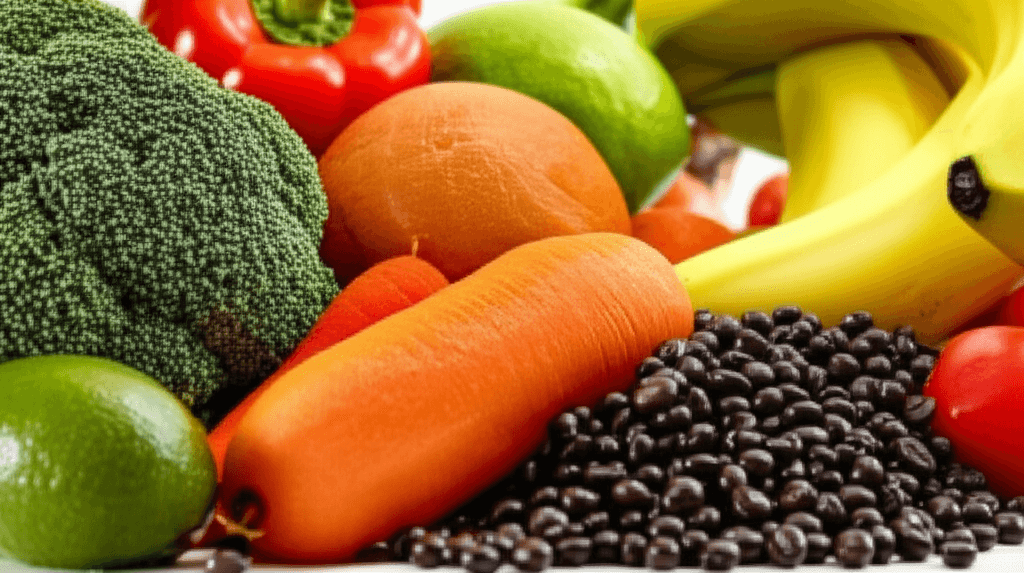
2. Load Up on Fiber-Rich Foods
Fiber is another powerful ally in sustainable weight loss, frequently highlighted by coaches for its ability to promote fullness and aid digestion. Foods high in fiber, such as fruits, vegetables, legumes, and whole grains, are typically low in calories and high in nutrients, making them ideal for feeling satisfied without overeating.
A diet rich in fiber can help “hustle calories out of your body” and keep weight off in the long run. Studies suggest that increasing fiber intake can lead to a significant reduction in belly fat and a decrease in calorie intake, even without other major dietary changes. Aim for plenty of fiber with every meal, such as incorporating diverse fruits like bananas, apples, and strawberries, or whole grains like quinoa and oats.

3. Hydrate Smartly: Make Water Your Primary Beverage
Often overlooked, proper hydration is a non-negotiable component of a healthy lifestyle and effective weight management. Water supports digestion, nutrient absorption, and overall bodily functions. Many fitness coaches advocate for drinking at least eight 8-ounce glasses of water per day.
Crucially, this rule also involves consciously avoiding sugary drinks like sodas, fruit juices, and high-calorie coffee beverages, which contribute significant “empty calories” without providing satiety. Switching to calorie-free options like water or green tea is one of the simplest ways to reduce calorie intake and support weight loss.
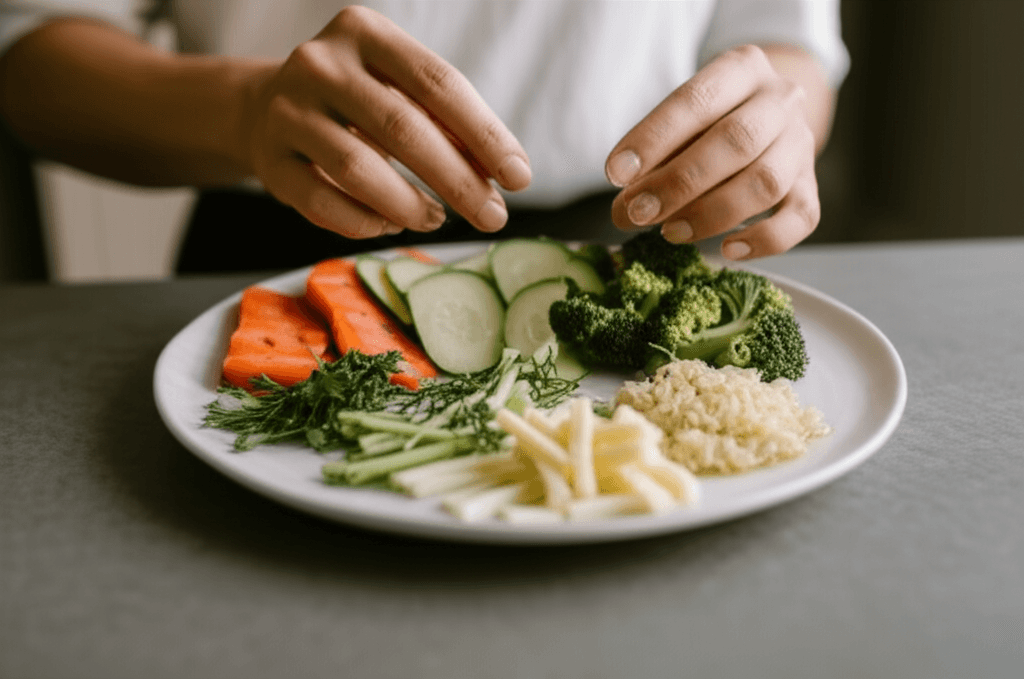
4. Master Mindful Eating and Portion Control
In an age of distractions, mindful eating is a habit that can profoundly impact weight loss. Eating slowly, chewing thoroughly, and paying attention to hunger and fullness cues can prevent overeating. It takes about 20 minutes for your brain to register fullness, so slowing down allows your body to catch up and signal when you’ve had enough.
Fitness coaches also recommend practical strategies for portion control, such as using smaller plates for high-calorie foods to make portions appear larger. Serving meals onto individual plates rather than eating directly from communal dishes can also help manage intake. By focusing on your food and eating without distractions like TV or computers, you can foster a healthier relationship with food and better manage calorie consumption.
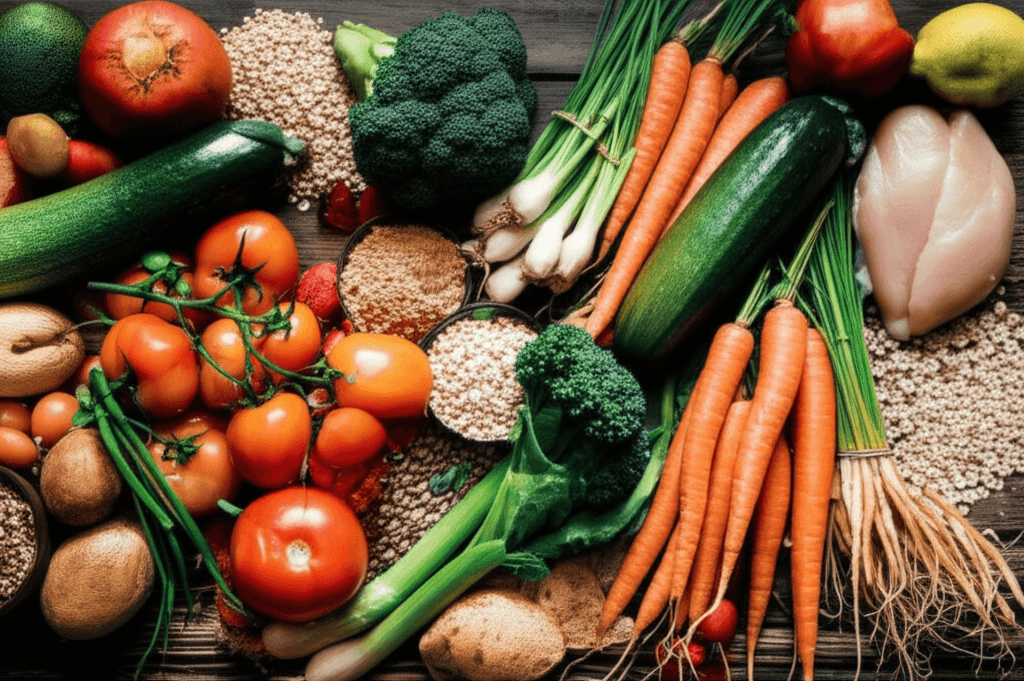
5. Choose Whole, Unprocessed Foods
The cornerstone of sustainable nutrition, according to fitness experts, is a focus on whole, nutrient-dense foods over highly processed alternatives. Processed foods often come packed with added sugars, unhealthy fats, and excessive salt, which can hinder weight loss and overall health.
Instead, fill your plate with a variety of fruits, vegetables, whole grains, lean proteins, and healthy fats like olive oil, avocados, and nuts. These foods provide essential vitamins, minerals, and antioxidants, keeping your body nourished and helping you feel satisfied. Making time to cook at home using fresh ingredients also gives you greater control over what goes into your meals.
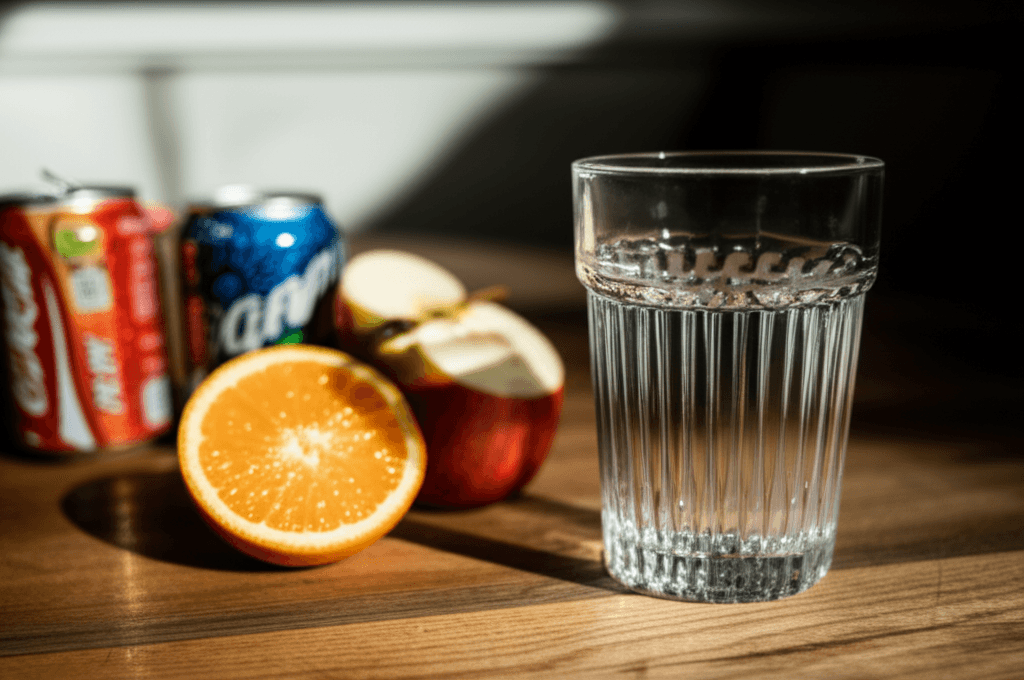
6. Don’t Drink Your Calories
This rule is so critical it bears repeating: liquid calories are often forgotten but can significantly sabotage weight loss efforts. Many popular beverages, from sodas and fruit juices to elaborate coffee concoctions and alcoholic drinks, are high in calories and sugar but offer little to no nutritional value or satiety.
For instance, a single cocktail can contain upwards of 750 calories, and many specialty coffees exceed 500 calories. These drinks don’t fill you up, making it easy to consume excess calories without realizing it. Opt for plain water, unsweetened tea, or black coffee instead to drastically reduce liquid calorie intake and support your weight loss goals.
By integrating these six simple nutrition rules into your daily life, you can move away from the frustration of restrictive dieting and embrace a sustainable, enjoyable path to weight loss and improved health, as advocated by fitness coaches. It’s about making small, consistent changes that build into powerful, long-lasting habits.

